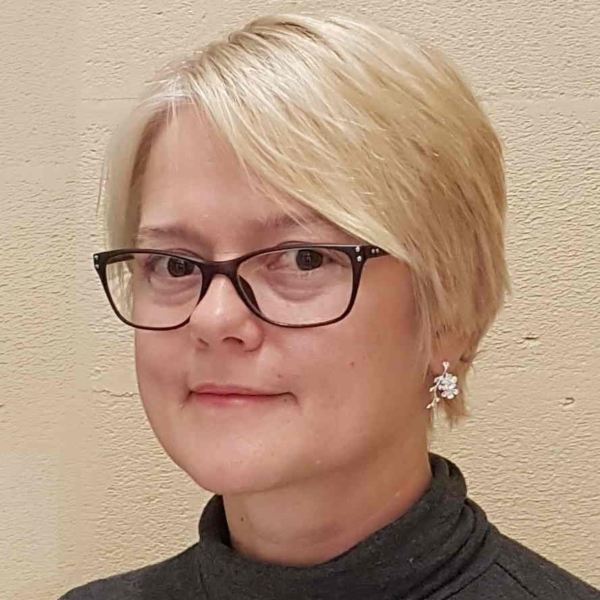
BSc (Occupational Therapy) (Hons), University of the Sunshine Coast, Australia PhD (Design Studies), Queensland University of Technology, Australia
Biography:
Dr Kelli Dendle is an occupational therapist and adjunct fellow with the Sustainability Research Centre at University of the Sunshine Coast. She has a background in large and small business, in the volunteer sector and is a registered occupational therapist. Her research work has focussed on the lived experience of ageing in diverse Australian residential contexts. Her research interests include: non-traditional ways to share research outputs; wellbeing and quality of life across the lifespan, including living with chronic health conditions; the potential for engagement with companion animals, wildlife and nature to improve wellbeing and address social isolation; residential environments and their impact on residents and non-residents; and the effect of external factors on volunteers and volunteering. Her aim is to improve wellbeing outcomes for people, and the built and natural environments we coexist with.
PhD Thesis Title:
Older Adults’ Subjective Experience of Home and Community and Its Impact on Wellbeing
PhD Thesis Summary:
The research explored older adults’ subjective experience of their everyday home environments in diverse urban, rural and regional contexts. The findings were reported in five publications and identified under-recognised elements that impact wellbeing in later life, including: the importance of the non-human world (companion animals, wildlife and nature); vastly different needs, perspectives and experiences of home; suitability of home environments for older residents, but also for diverse current and potential members of the household; and that people value being able to make meaningful contributions to their community in later life. These findings underscore the importance of policy settings, health interventions, and design approaches that enable people to meet their unique and changing needs as they age. The findings have implications for urban planning, residential design, and health interventions. They also highlight the importance of engaging with older adults to identify and implement responses to contemporary circumstances and challenges.
